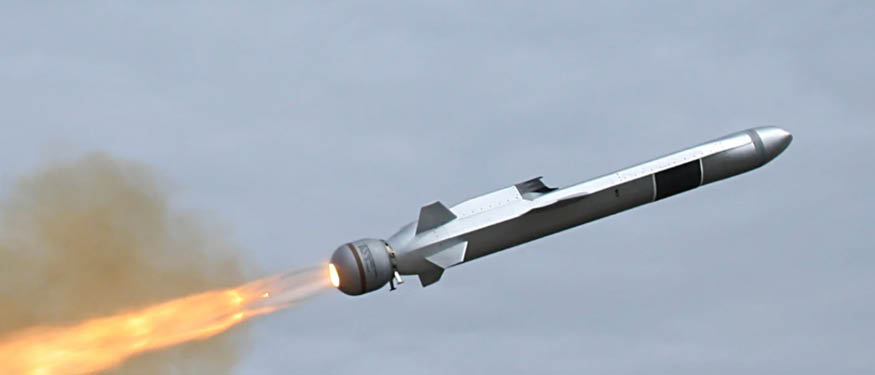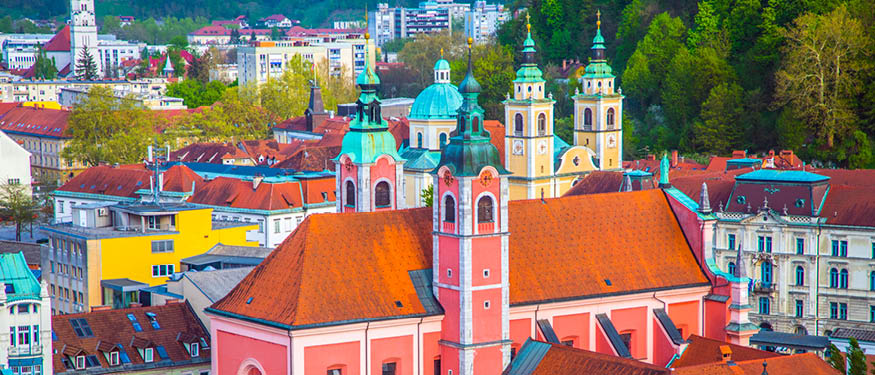Croatia’s energy and real estate sectors are well-positioned for growth, while frequently changing legislation and an ongoing strike by judicial clerks complicate the lives of lawyers, according to Divjak, Topic, Bahtijarevic & Krka Senior Partner Mario Krka.
"The past few months have been relatively less dynamic in Croatia, but still, there is quite some buzz surrounding various industries, particularly energy and real estate," Krka begins. "The energy sector, especially the solar market, is booming, and Croatia has significant energy production capacities to offer." However, he says "the market is heavily regulated and – due to a large number of requirements and limitations, some of which are yet to be determined by the government – the processes are relatively slow. Although there are certain developments, uncertainty persists regarding when things will start moving forward and gain momentum."
As for real estate, Krka notes that another prosperous tourism season is anticipated, resulting in continued success in the development of hotels, and points out "there is also an increase in interest regarding the expansion of mixed-use and residential buildings. However, we have yet to witness major international players taking on larger construction projects of that kind, especially residential." According to him, in Zagreb, several ideas and projects are in the works, aiming to develop mixed-use and residential structures. As for hotels, "it seems that Mariott is expected to enter the market, with plans for their 5-star facility to open its doors by the end of next year."
On the political side, Krka says that a recent strike by judges in Croatia has now come to an end. "However, the strike by judicial clerks is currently causing some issues, leading to the postponement of hearings in some cases," he continues. "The strike primarily centered around the issue of stagnant salaries that haven't increased for years. Many professionals within the judicial system are underpaid, pushing for the strike to occur just before next year's parliamentary elections. Fortunately, the judges’ strike didn't last long enough to cause significant damage, but we still expect to feel its impact. Negotiations are underway to reach agreements on these matters," he explains.
Moving to specific legislative updates, "we anticipate new amendments to the Companies Act, specifically aimed at transposing a new directive on cross-border mergers," Krka says. "This practice of quite often amending our statutes, including general ones like the Companies Act, is quite demanding on lawyers, let alone companies."
"In the context of M&A, this year has been relatively slower," Krka notes. "However, the market has a keen interest in the playout of Fortenova and the potential sale of its shares. The company is in an unfavorable position of having a significant part of its shares linked to sanctioned entities, so the companies involved are actively seeking a resolution to this situation."
Finally, Krka highlights that an interesting trend in Croatia is related to businesses showing cautiously increasing interest in ESG initiatives: "while this is still in a development stage, we have observed our clients raising some questions regarding ESG, albeit to a limited extent."
















